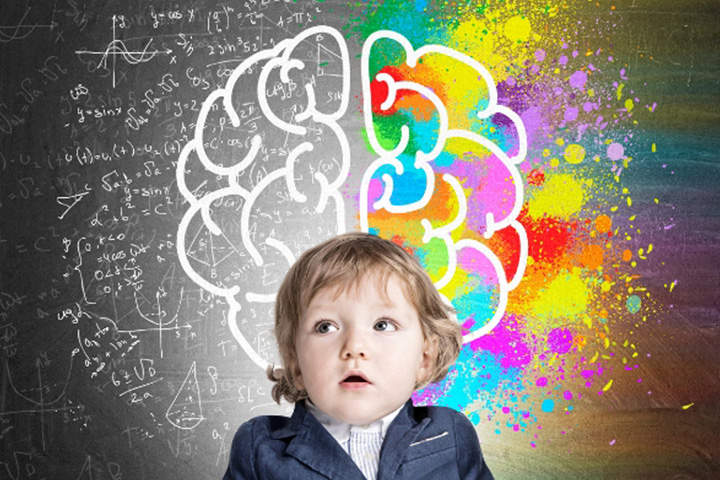
Image: iStock
Can you imagine how amazing it would be if you could remember what it felt like to be in your mother’s womb. Or the places you visited in your first year of life? They say that our experiences and personalities are shaped during childhood, but how ironic is it that we can barely remember half of it? People often find it hard to remember anything that happened to them in their early years and we’re here to tell you why. This phenomenon that applies to so many of us actually has an official term and is called childhood amnesia (1). As we mature, our recollection of individuals, experiences, and locations we encountered during childhood tends to fade. While ongoing research continues to shed light on this phenomenon, if you’re curious about why your earliest memories seldom extend beyond the age of 5 or 4, this article offers insights into the topic. Continue reading to learn more!
What Is Childhood Amnesia And When Does It Occur?
Childhood amnesia refers to the phenomenon where adults struggle to recollect the details or even entire events that transpired in their lives before the age of 4. This is a common experience for most individuals, yet the precise onset of this amnesia remains uncertain. Some researchers have observed that children under the age of 7 can recollect “60% or more of their early-life events,” while 8 and 9-year-olds can only recall around 40% of these memories (2). This isn’t merely a matter of forgetting as we age, for a 30-year-old may still remember experiences from when they were 15 or even 10. So, why do early-life memories seem to elude us? Research suggests that as we progress through different developmental stages, our capacity to remember events from earlier periods diminishes.
Our Memories Are Closely Connected To Our Ability To Speak
A prominent theory explaining our inability to retain infant memories centers around our lack of verbal communication during that period. Consider this: when we attempt to recall past experiences and access memories, we rely on words. We describe these memories in intricate detail, recollect specific events, and employ language skills. Since most babies do not begin speaking until around the age of 2, they lack the ability to form coherent memories due to their limited language development.
Our Brain Development Plays A Huge Role
Image: IStock
Now, let’s delve into the biological explanation behind childhood amnesia. As we progress through childhood, our brains undergo rapid and intensive development. One study suggests that during periods when the brain is actively generating new cells, it tends to prioritize short-term memory over the storage of long-term memories (3). Additionally, it’s crucial to recognize that we are physically incapable of recollecting day-to-day events before the age of 3-4, primarily because our episodic memory has not fully developed at this stage (4). This explains why many people often possess abstract childhood memories, such as the frequent visits to a park, yet struggle to recall specific details, like the particular ice cream shop they visited on their way home. The interplay between brain development and memory formation is indeed fascinating.
Our Parents Can Severely Alter How We Recall Certain Events
Image: IStock
Furthermore, another study suggests that parents often influence and subtly reshape our perspective of our childhood memories, sometimes introducing minor alterations. This may initially sound surprising, but it is a phenomenon grounded in psychological principles. Our memory retention tends to improve when we are reminded of a particular event, making us more likely to remember things that our parents consider significant. The study revealed that children recall the same event differently after discussing it with their fathers compared to their mothers, emphasizing the malleable nature of childhood memories (5). It’s essential to bear in mind that children are highly impressionable, highlighting the importance of reinforcing positive memories and assisting them in perceiving their recollections accurately.
It All Comes Down To What Left A Lasting Impression On You
Image: IStock
Renowned child psychologists have posited that children are more inclined to preserve memories infused with strong emotions, whether they are positive or negative in nature. This discovery carries significant implications, as it enables young children to provide eyewitness testimonies in legal proceedings (6). The memories that tend to endure from one’s early childhood are often those that carry the utmost personal significance and evoke intense emotional reactions.
It’s still a bit of a mystery why we can’t remember our baby years very well. We mostly tend to remember the really emotional moments from early childhood. Scientists are still exploring this topic, so we don’t have all the answers. Our earliest memories might remain a bit hazy, but the quest to understand them is a fascinating journey that continues.















